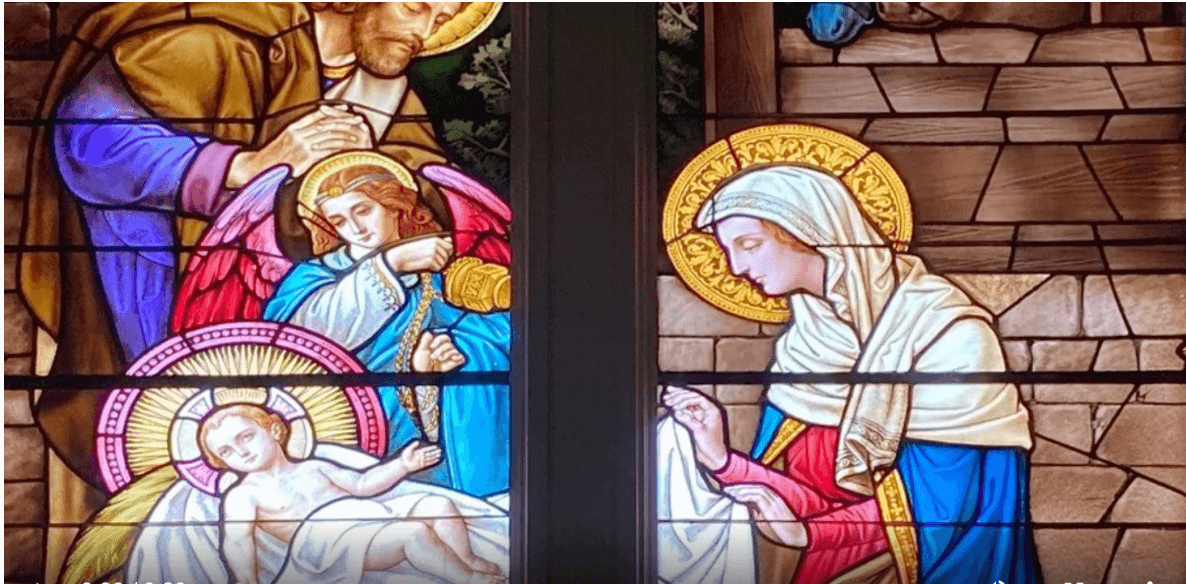Isaiah 50:4-7│Philippians 2:6-11 │ Luke 22:14-23:56
Hosanna! Blessed is He who comes!
We are fickle human beings, often in search of entertainment. We are designed by eons of evolution to look toward the future rather than the past. Palm Sunday is our conscious effort to root ourselves in our past, the very foundation of our faith, the paschal mystery. This week we celebrate the most ancient and fundamental mysteries of faith. Without this effort to reach our touchstone we would likely be fleeting from one moment to the next, seeking to fulfill various desires and cravings. Being in touch with the paschal mystery reminds us that this life has meaning beyond the here and now. We have a future that is eternal. The love, relationships, and bonds we create in this life will endure. The passion and death of Jesus necessarily result in his resurrection, which gives us a promise and foretaste of that eternal life. Rather than seek the next best thing, upon entering this Holy Week we recall that our faith is rooted in the past. And our destiny is eternal.
Gospel
Luke’s version of the Gospel has several unique characteristics. For example, Luke gives us the episode of back-and-forth between Pilate and Herod that is absent in all other gospels. Some scholars see that Luke’s Christology bears even on the relationship between these two rulers, who unwittingly through their encounter with Christ, “became friends that very day.” It’s as though Christ has the power to bring friendship, even among those who are seeking to have him executed.
Palm Sunday, April 14, 2019
First Reading
As we enter Holy Week, the readings focus on the reason for Jesus’ suffering and death. This selection from on of the four Suffering Servant songs summarizes well Jesus’ ministry, why he was rejected, how he responded, and what ultimately led to his suffering and death. Through it all, Jesus trusted in God, knowing he would never be disgraced for attuning himself to God’s ways.
Second Reading
This well-known text from Paul’s letter to the Philippians speaks of Jesus’ kenosis, or emptying of his God-self in order to become fully human. In becoming human, Jesus chooses not to grasp onto divinity but rather empties himself, “taking the form of a slave”. He humbly and fully accepts all the limitations that being human entails, while being totally “obedient”.
Questions to Ponder
- Has a cross you have had to take up been the means of new life and resurrection?
- When have you felt abandoned by God, but discovered him again in your life?
- How do we experience “redemption” in our time and place?
- What qualities would a person who has the attitude of Christ posses? Humility? Trust? Perseverance? Hope? Self-Emptying? Recall a time in your own life when you “suffered.” Which of these qualities of Christ were most difficult for you to embody?
Source: Living Liturgy (Liturgical Press, Year C 2019).
Photograph: James Tissot [Public domain]









0 Comments